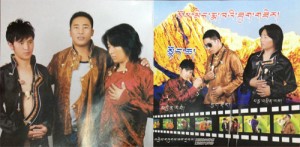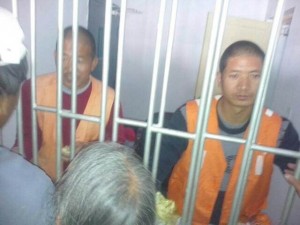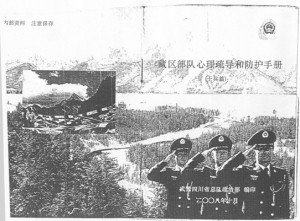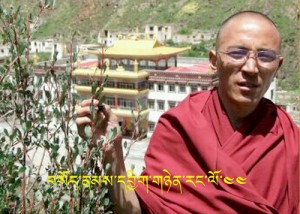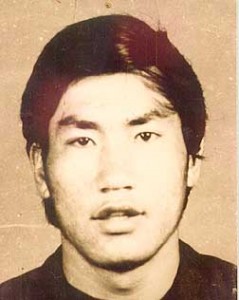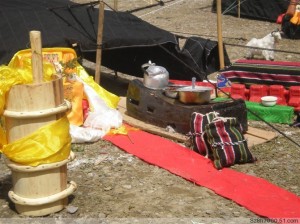
One of the most urgent issues affecting Tibetans inside Tibet today is the massive displacement induced by China’s development projects. Last month, Human Rights Watch reported that almost two million Tibetans, predominately nomads, have been displaced from their ancestral lands over the past seven years to make way for Chinese development in Tibet. Resettled in concrete houses in urban areas, displaced Tibetans suffer from innumerable problems such as the loss of their traditional economic livelihood and cultural dislocation.
The Chinese government argues that resettlement of Tibetan nomads is an economic necessity ostensibly to protect fragile Tibetan grasslands from what it calls “livestock overgrazing”. Behind such a rationale, however, is the implied accusation that nomads are unproductive people – economic liabilities – who stand in the way of China’s modernisation programs in Tibet.
TCHRD has translated and edited an essay by a Tibetan writer living inside Tibet who eloquently refutes Chinese assertions. The writer informs us that nomads are a proud, compassionate, honest, cultured and productive people who crafted their own independent source of living for centuries. The writer, born to nomadic parents, laments the losses nomads are currently suffering, including the loss of precious folk culture, because of their resettlement in urban areas.

